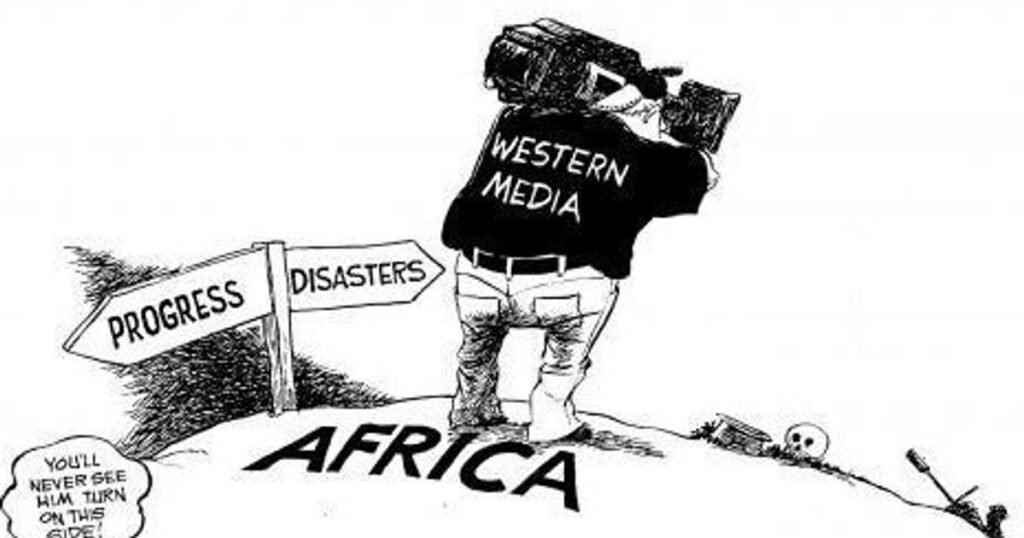An analysis of the content of news articles from the 1990s and 2010s reveals a gradual shift in the tone of media coverage of Africa over the past two decades. This is according to a new report titled ‘The Cost of Media Stereotypes on Africa' published by African Practice and African No Filter.
However, despite these encouraging changes, the report notes that media coverage of Africa continues to be dominated by negative narratives.
“Africa is perhaps still unique when you look at the amount of negative coverage it receives. Moreover, certain stereotypes that emerge are unique to Africa and are steeped in problematic traditional views of the continent. “It is likely that there are,” the report said.
Africa seems to be in a constant state of crisis, with news reports about political instability, health epidemics, and corruption scandals.
This tendency to emphasize negative events places disproportionate attention on the problems facing the continent, even when there are equally important positive improvements occurring across the region.
“While negative events are common during election periods, coverage of negative events is increasing in African countries,” the report said.
Additionally, the report revealed that Africa loses an estimated $4.2 billion annually as a result of inaccurate representations of events on the continent by Western media.
Based on case studies and calculations in the report, it is estimated that “countries lose between 0.026% and 0.144% of GDP annually as a result of biased media.”
This equates to between $50 million and $495 million annually. In total, these countries stand to lose US$4.2 billion over the life of their bonds. ”
To combat this problem, media coverage needs to become more fair and include positive developments as well as other events.
African journalists must also play a major role in reshaping the narratives in which they are explicitly woven.
This could boost Africa’s credit rating, increase investor confidence and further spur growth in key sectors such as tourism, manufacturing and financial services.

